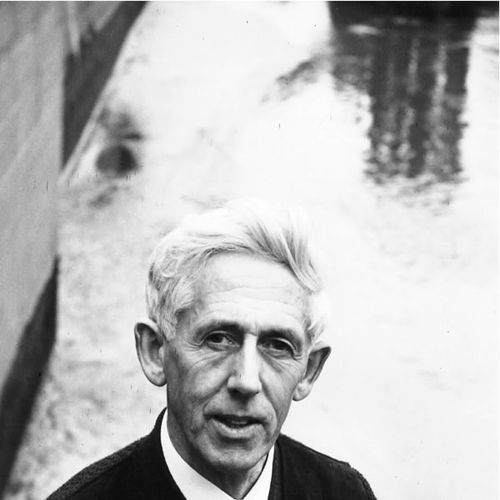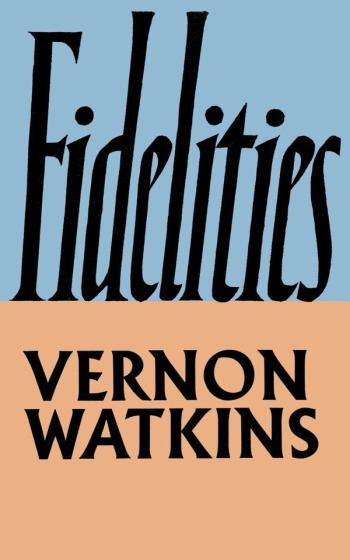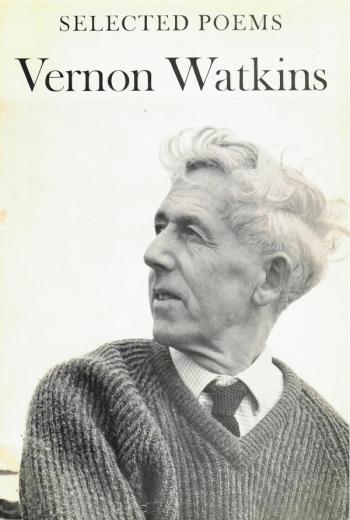Vernon Watkins (1906-1967) was born in Maesteg, South Wales. He was a part of the cryptography team that broke the enigma code. After the war he spent most of his career as a cashier at Lloyds Bank in Cardiff but published eight books of poetry during his lifetime. Fidelities was written while he was a Visiting Professor at the University of Washington in Seattle, and was published posthumously. His close friends included W.B. Yeats, T.S. Eliot, Philip Larkin, Dylan Thomas, and Kathleene Raine, who called him “the greatest lyric poet of my generation.” Watkins was being considered for poet laureate at the time of his death.


